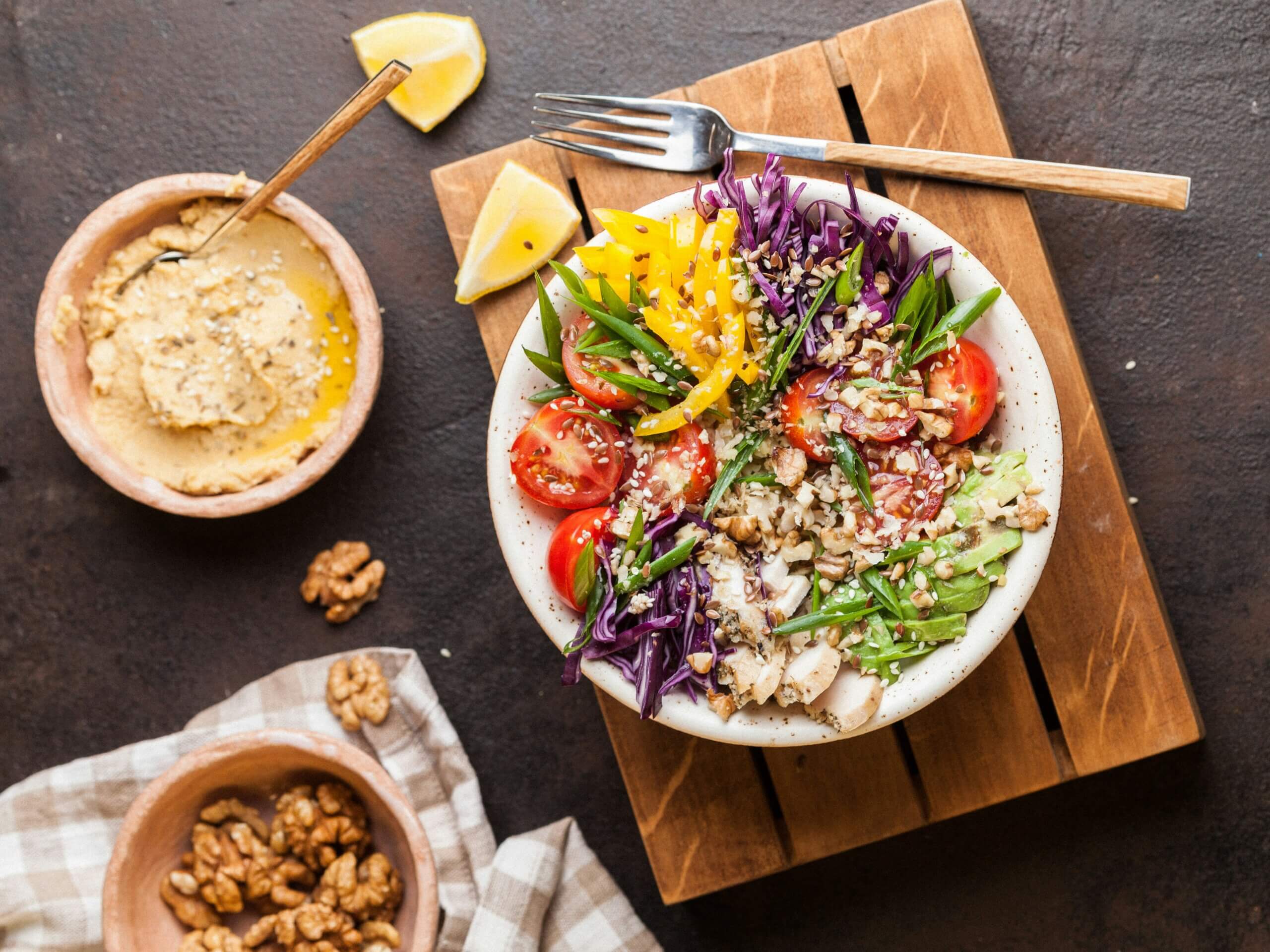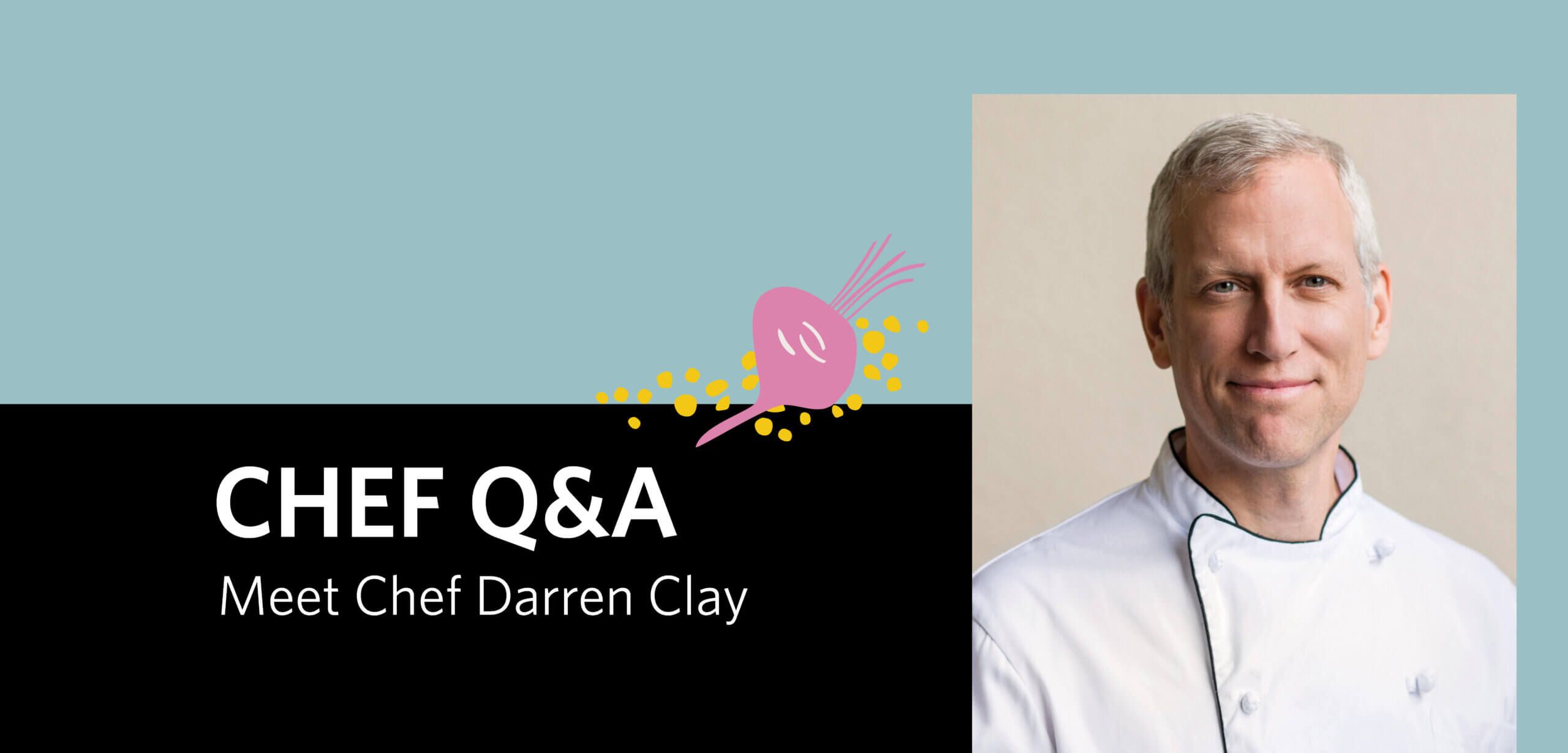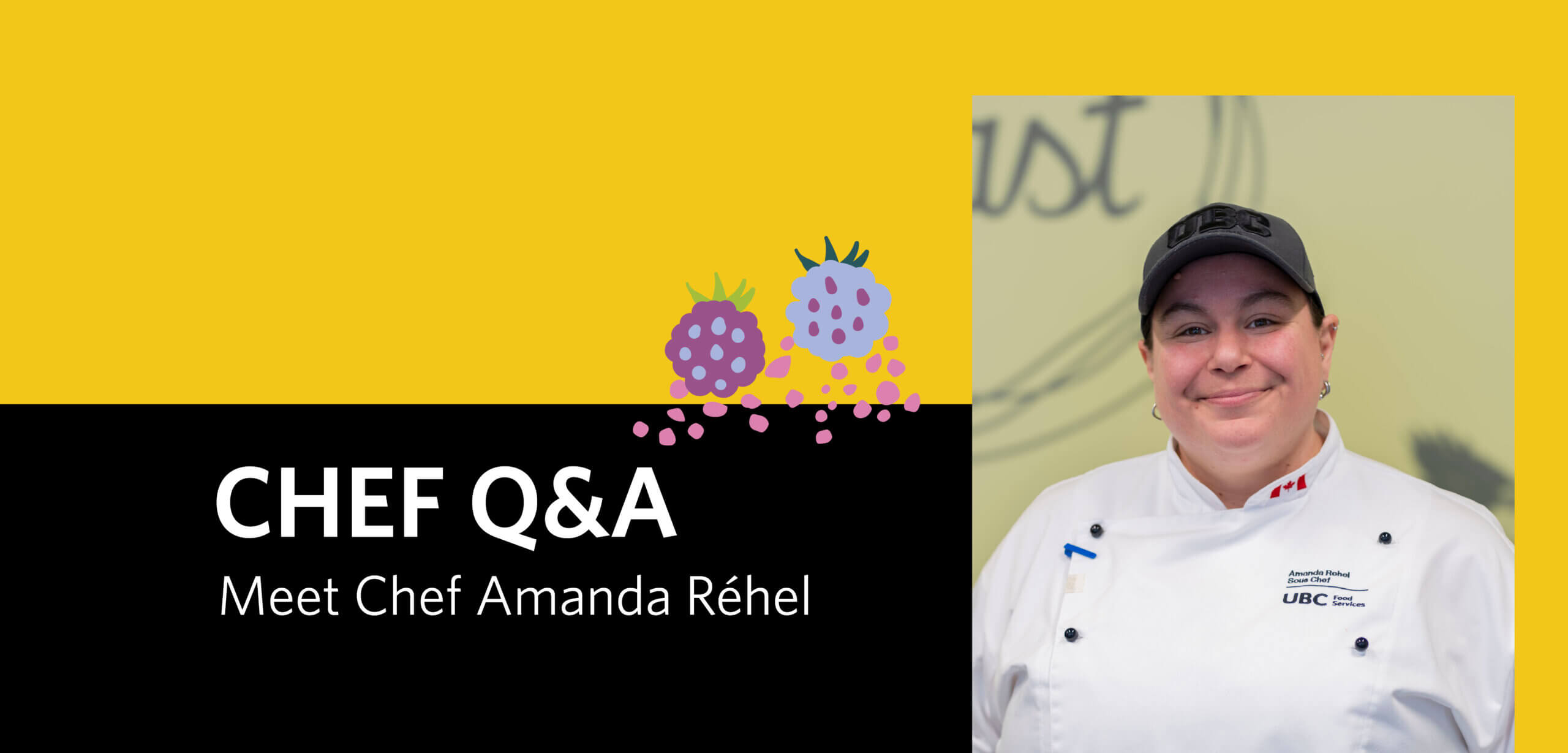What if I told you that there was a way of eating that allows you to eat the “off-limits” and “bad” food that you love without feeling guilty AND still prioritize your health at the same time?
You may ask, is that even possible in this day and age? The answer is, yes!
What Does it Mean to be Truly Healthy?
What do you think of when you hear the word "healthy"?
Does it mean eating all the “good” and “right” foods and avoiding all the “bad” and “unhealthy” foods? Or does it mean going to the gym every day and lifting weights? Or does it mean going on the next fad diet to help lose weight?
It is important to know that your health status is not determined by your weight. Just because an individual has a smaller body size does not mean that they are automatically healthy and that someone in a larger body is unhealthy.
Health is multi-factorial and a combination of many different factors including but not limited to genetic, physical, nutritional, social, mental, emotional, cultural, traditional and economic factors. Health looks different for every single person.
Being truly healthy may mean regularly engaging in a combination of lifestyle factors that you enjoy doing with consideration to what makes sense for your own personal genetic makeup.
What is Intuitive Eating?
Intuitive eating is listening to your body, tuning into your internal fullness and hunger and cues, rather than focusing on external factors like diet rules and the number on the scale. It is both a non-diet and health-promoting approach to eating that steers away from restrictive food rules, and focuses on making peace with food and ultimately healing your relationship with food.
There is no one perfect diet or way of eating and intuitive eating is all about finding what works best for you based on your unique needs.
It is important to understand that intuitive eating is also a privilege, recognizing that for many basic access to acceptable food is a challenge. For more information about food security and food access support please visit UBC’s Food Hub.
To learn more about what intuitive eating is, learn from the original intuitive eating pros, Evelyn Tribole & Elyse Resch, who created it all.
Why We Need Intuitive Eating:
Do you often feel guilty and shameful towards your food choices? Are you finding it difficult to manage your food cravings? Do you struggle with finding a balance between staying healthy and enjoying the foods you love? Are you tired on going on restrictive diets repeatedly and failing to achieve your goals?
If you answered yes to any of these questions or struggle with your relationship with food, then it is time to discover more about intuitive eating. Keep on reading below for the 10 principles of intuitive eating to help guide you.
10 Principles of Intuitive Eating:
1. Reject the diet mentality.
Let go of the unsustainable goal of weight loss and diets that lead to frustration and disappointment. There is no such thing as a perfect diet. The best diet you can follow is the one you can confidently maintain and enjoy in the long run. Focus on healing your relationship with food, enjoying food, nourishing your body, mental health and wellbeing instead.
2. Honour your hunger.
Most individuals are born with a natural ability to sense and feel hunger levels. Ignoring your hunger cues and restricting yourself of foods can cause uncontrollable cravings, extreme hunger and eating beyond comfort level.
3. Make peace with food.
Give yourself unconditional permission to eat all foods minus the guilt and shame. There is no “good” or “bad” foods. All foods provide us with some kind of nourishment. Food provides us with more than just physical and nutritional nourishment. Food is also is cultural, traditional, memories, moments in life and more.
4. Challenge the food police.
Rather than judging your own food choices and setting strict rules around what foods you can or cannot eat, confront the food police and ask if the thoughts are kind and true.
5. Respect your fullness.
Trust your body and ask yourself how full you feel during meals and pay attention to signs that you are no longer hungry. Our needs change on a daily basis and listening to our fullness cues can help us determine what is a comfortable fullness level for you.
6. Discover the satisfaction factor.
Choose foods you enjoy eating and create an enjoyable eating experience. Ask yourself, what foods seem pleasurable to me today? What am I craving? How do I maximize my enjoyment?
7. Honour your feelings.
Eating based on our emotions like happiness and sadness is normal. However, the issue lies with when we use food as the only way to cope with our emotions. Find ways you enjoy to destress and take care of yourself aside from just food.
8. Respect your body.
It is important to honour your body. Feeling insecure about our body is normal and result of unrealistic beauty standards. Your worth has nothing to do with your body size and you are so much more than your body. Start by respecting your body for all that it does for you.
9. Movement—feel the difference.
Add in joyful movement that you enjoy. Try to not use exercise as a form of punishment, but rather find exercise that makes you feel good. Every little bit counts.
10. Honour your health with gentle nutrition.
Be kind and gentle to yourself. Nutrition does not need to be complex. Learn to take small steps that will eventually make up bigger steps. Intuitive eating means nourishing your health and body in flexible and non-rigid ways.
Takeaway
Intuitive eating is a way of eating that allows you to tune into your body, honour yourself and the foods you love and truly eat in a nourishing way. When one first dives into intuitive eating, they may find it overwhelming and not sure where to start. Remember that it is all about progress over perfection and the small steps we take that make larger milestones overtime.







